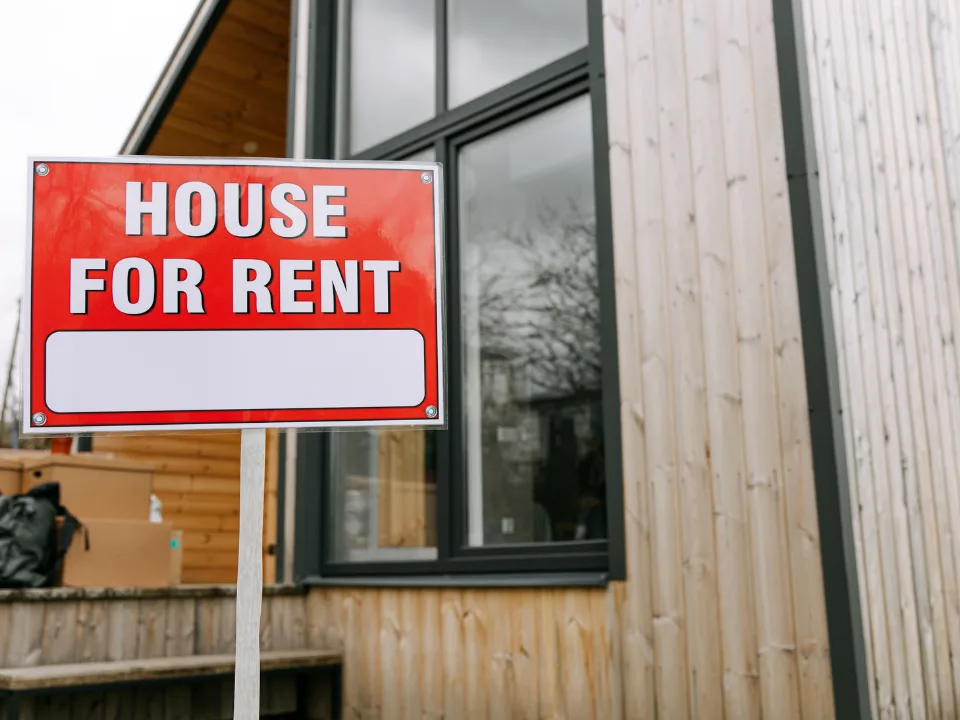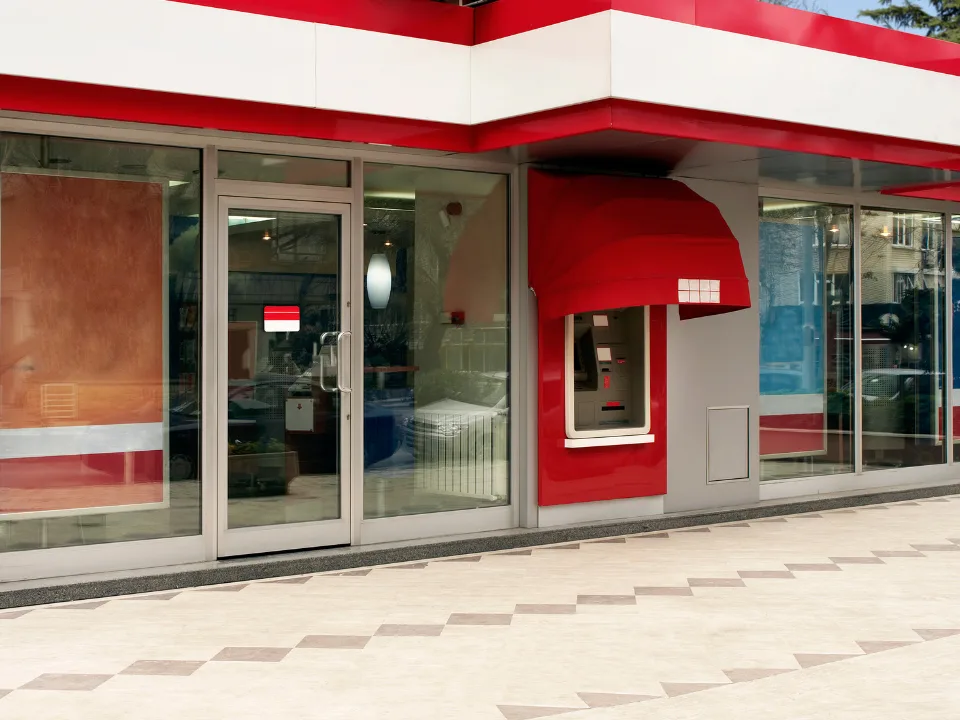- Real estate debt investing is trending, with $9.1B raised in Q2, up from $2.3B in the previous quarter, as investors seek safer returns amid rising rates.
- Private equity giants like Blackstone, KKR, Ares, and Carlyle are focusing more on CRE loans as traditional property acquisitions remain subdued.
- Despite a slight increase in equity capital raising, investor interest is significantly higher in real estate debt due to its perceived stability.
As the CRE market continues to grapple with macroeconomic uncertainty, investors are turning to real estate debt rather than direct property acquisitions, as reported by CoStar.
The Bigger Picture
According to Preqin, capital raised for real estate debt surged to $9.1B in 2Q24, a significant jump from $2.3B in the previous quarter. This marks the strongest quarter-on-quarter growth in real estate debt investing as major private equity firms adapt their strategies.
Leading private equity firms, including Blackstone (BX), KKR & Co (KKR), Ares Management Corp. (ARES), and Carlyle Group (CG), have reported a noticeable shift in investor sentiment, with a growing preference for commercial real estate loans.
This trend is filling the gap left by banks pulling back from property financing. Michael Arougheti, CEO of Ares Management, highlighted the shift, noting that the real estate debt business has become a “bright spot” as private markets step in to provide capital at attractive rates.
Acquisition Challenges
While the appetite for real estate debt is growing, the broader market for property acquisitions remains subdued. Commercial property deals have slowed significantly as investors wait for the market to reprice properties in response to higher borrowing costs.
Despite some improvement, equity capital raising for real estate investments only saw marginal growth, with $33B raised in Q2, up from $32.4B in Q1.
Investor Sentiment
Industry experts note that real estate debt appeals to investors because of its relative stability and attractive returns compared to equity investments.
Harris Trifon of Lord Abbett pointed out that the lack of clarity in property fundamentals is leading investors to favor debt, which offers a more predictable return profile.
Even if interest rates begin to decline, Trifon expects real estate debt to remain attractive due to the extended timeline for market recovery.
Looking Ahead
While the focus on debt continues to grow, private equity firms are cautiously optimistic about a potential rebound in property acquisitions.
KKR’s CEO, Scott Nuttall, mentioned that while fundraising for real estate equity might lag, the current market conditions could present contrarian opportunities for investors.
Carlyle Group also reported strong fundraising activity, with $3.4B raised in Q2, signaling a potential shift in market dynamics as investors begin to explore opportunities in real estate equity once again.

















